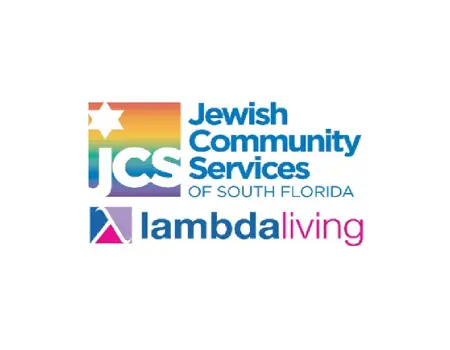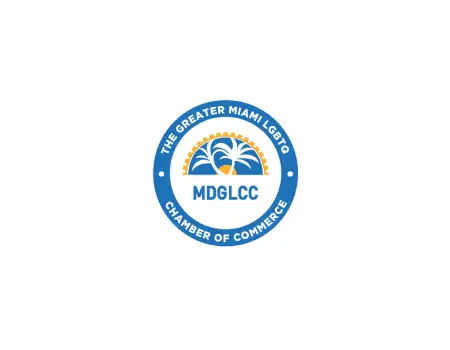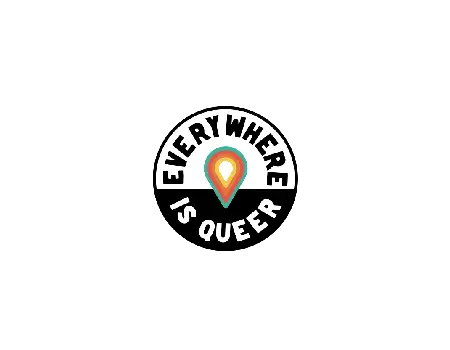These endorsements were given by clients and colleagues of the financial advisor and no compensation was provided directly or indirectly. These endorsements are not a guarantee of future performance or investment success, and the endorsements may not be representative of the experience of other customers.
Quick-view video lessons offer valuable LGBTQ-focused financial advice
“How can I position assets to fight back against anti-LGBTQ+ initiatives, yet still protect my portfolio?”
“How can use my queer dollars to support the LGBTQ+ community?”
“How can I align my investments with my values?”
Money is power … and LGBTQ+ folx need to claim that power now more than ever
With the political and societal challenges the LGBTQ+ community is facing today, it's now more crucial than ever to claim the power of our queer dollars to push back against unjust laws, discrimination, and ensure that we "take care of our own".
Take action now to protect your financial portfolio no matter what political or legislative setbacks our community faces as Trump battles LGBTQ+ rights.
Take pride in your money with these complimentary LGBTQ+-specific financial educational videos from gay Financial Advisor David Treece. David goes beyond traditional financial planning advice to help you to age out loud, proud, and prepared!
Discover all you need to build your BIG GAY retirement plan
David Treece is a fearless financial advocate for the LGBTQ+ community
He proudly says transgender. And LGBTQ+. And bi. And queer. And lesbian. And non-binary. And … It's not enough to say, “I treat everybody the same” because everyone is NOT the same.
He and his diverse team at Treece Financial Group lift up marginalized identities because it shows respect for a community that has long faced discrimination. As an LGBTQ+-identified financial advisor, he has experienced LGBTQ+ individuals’ real-world apprehension and mistrust toward the historically conservative financial industry.
David has provided advocacy-oriented financial advice and service to South Florida’s LGBTQ+ community for over 30 years. At the forefront of his work is navigating the sometimes complex financial and healthcare needs of LGBTQ+ individuals as they age, oftentimes alone without a strong support network. He is a national leader in educating financial advisors on understanding LGBTQ+ clients' unique issues when it comes to financial and life planning.
Beyond financial planning, David is a dedicated behind-the-scenes community advocate who has been a pioneer in making Miami a leader in LGBTQ+ inclusion. He is the Founder and First President of the Greater Miami LGBTQ Chamber of Commerce (MDGLCC)*, which has grown to be one the nation’s largest LGBTQ+ Chambers in the U.S. David has also been honored by The National LGBTQ+ & Lesbian Task Force* and SAVE LGBT for his contribution to advancing full freedom, justice and equality for LGBTQ+ people.
Recognized for his financial acumen and client-advocacy work, David Treece has been featured on PBS's Nightly Business Report, The Washington Post, and in nationally syndicated columns as well as in South Florida media, including The Miami Herald, The South Florida Sun-Sentinel, NBC Miami, Fox4 Tampa, and Q News Tonight.
David holds life, health, and annuity insurance licenses as well as series 6, 22, 52 62, 63, and 65 securities registrations, and has an MBA from the University of Michigan, Ann Arbor. He and Luis, his husband of 39 years, divide their time between Miami and San Antonio de Araco, Argentina.
The organizations listed on this page are not affiliated or registered with Cetera Advisors LLC.
Any information provided by them is in no way related to Cetera Advisors LLC or its registered
representatives.
Please Note: The information being provided is strictly as a courtesy. When you link to any of the websites provided here, you are leaving this website. We make no representation as to the completeness or accuracy of information provided at these websites. Nor is the company liable for any direct or indirect technical or system issues or any consequences arising out of your access to or your use of third-party technologies, websites, information or programs made available through this website. When you access one of these websites, you are leaving our website and assume total responsibility and risk for your use of the websites to which you are linking.
Take pride in your money with LGBT-specific
financial strategies from David Treece









